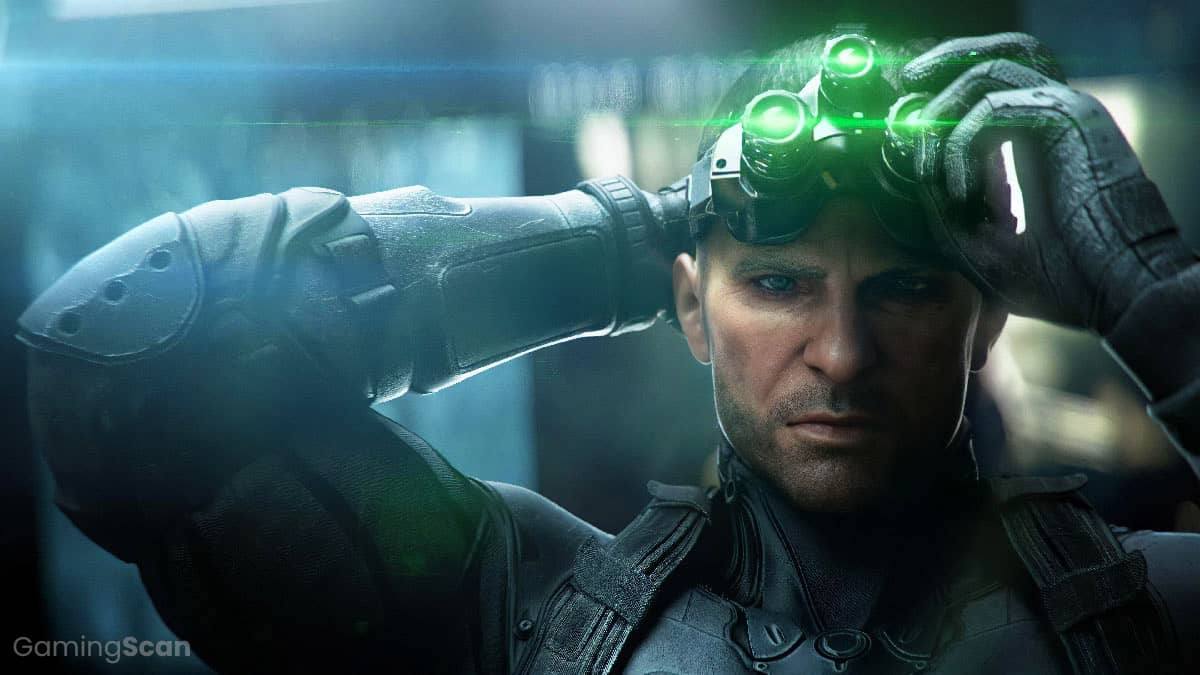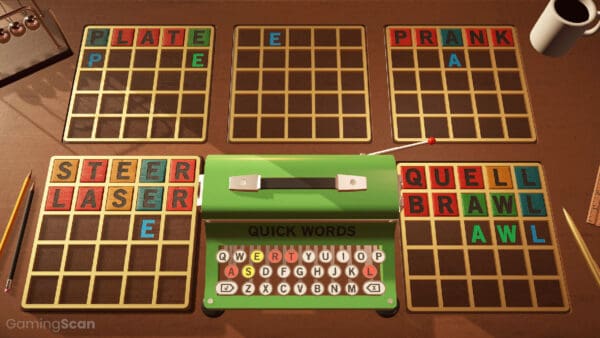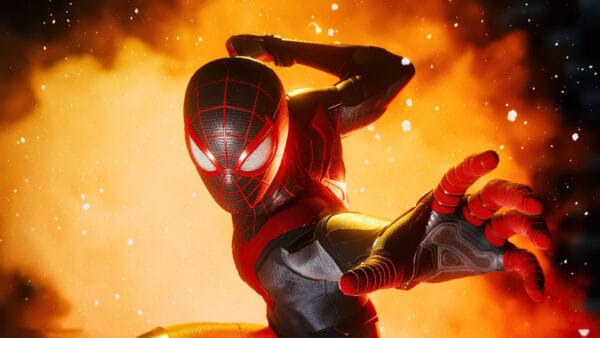Splinter Cell is regarded as one of the best stealth games and is still fondly remembered for its innovative light-and-dark mechanics and staple protagonist Sam Fisher.
While there hasn’t been a new entry since 2013, talks of an upcoming remake of the original Splinter Cell show promise for the Ubisoft-owned IP.
In this list, we’ll explore the franchise’s legacy in detail by going over all Splinter Cell games in order of release, which is also the recommended play order.
So, what exactly led to one of the most beloved series getting unceremoniously shelved? Let’s find out!
Table of ContentsShow
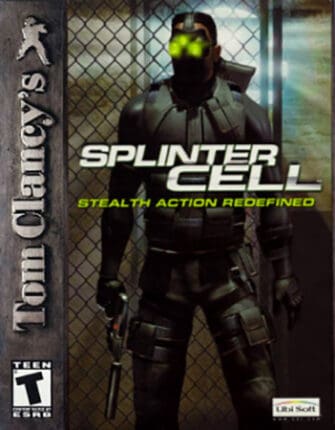
Tom Clancy’s Splinter Cell
Release Date: November 17, 2002
Platforms: Xbox, Windows, PS2, GameCube, GBA, Mobile, N-Gage, Mac, PS3
Released in the early 2000s, the original Splinter Cell is a stealth action espionage game based on the series of novels written by Tom Clancy of the same name.
The story follows NSA black ops agent Sam Fisher (voiced by Michael Ironside) as he infiltrates enemy headquarters to retrieve sensitive data.
Gameplay draws influence from the Metal Gear series while emphasizing stealth, light, and darkness via Fisher’s thermal and night vision goggles.
Following its release, Splinter Cell was an instant success that became critically acclaimed and kicked off an entirely new franchise.
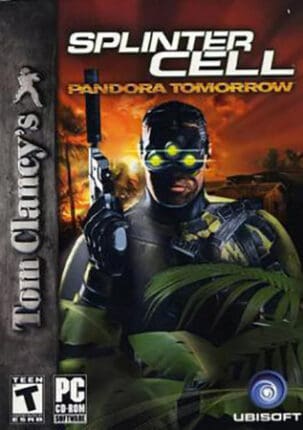
Tom Clancy’s Splinter Cell: Pandora Tomorrow
Release Date: March 23, 2004
Platforms: Xbox, Windows, GBA, Mobile, PS2, GameCube, PS3
It wasn’t long before Ubisoft returned with a follow-up, Splinter Cell: Pandora Tomorrow, a sequel chronicling the covert adventures of Third Echelon spy Sam Fisher.
This time around, Fisher is tasked with taking down an anti-separatist militant group known as the Darah Dan Doa which plans on detonating bombs containing smallpox.
Gameplay is largely the same as the original with significant graphical improvements and a host of new tools and tactics such as Sam’s pistol gaining a laser sight and whistling to attract enemies.
Pandora Tomorrow was met with very positive reviews, with a bulk of the praise given to its multiplayer component that would go on to become a staple of the series.
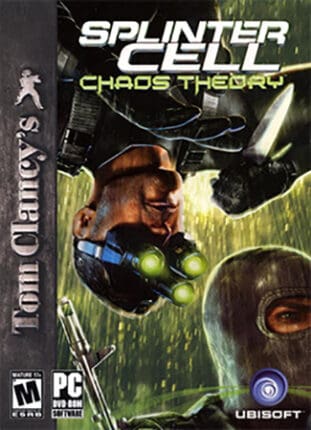
Tom Clancy’s Splinter Cell: Chaos Theory
Release Date: March 21, 2005
Platforms: Mobile, N-Gage, Windows, PS2, Xbox, GameCube, Nintendo DS, 3DS, PS3
Splinter Cell: Chaos Theory is the third game in the series and the first to take on a significantly darker tone with more combat as well as the option to outright kill interrogated enemies.
The story focuses on weaponized algorithms posing a global threat in the hands of Displace International, a private military corporation led by Fisher’s friend and comrade Douglas Shetland.
On the gameplay side of things, Chaos Theory introduces several changes and refinements to the series’ stealth mechanics, including a new aural monitor that measures noise.
Much like its predecessors, Chaos Theory was an instant success that would go on to receive critical acclaim and sell 2.5 million copies.

Tom Clancy’s Splinter Cell: Essentials
Release Date: March 21, 2006
Platform: PSP
Released for the PlayStation Portable, Essentials is the fourth Splinter Cell installment and the first and only handheld exclusive in the series.
In it, NSA agent-turned-fugitive Sam Fisher finds himself in custody and interrogated at the NSA’s headquarters, where he recalls past events that play out as missions.
Many of these were recreated from earlier games to account for the PSP’s control layout in addition to a handful of brand-new levels as well.
The critical reaction to Splinter Cell: Essentials ended up being mixed, as many enjoyed the game’s concept but not so much its execution in regards to controls and performance.
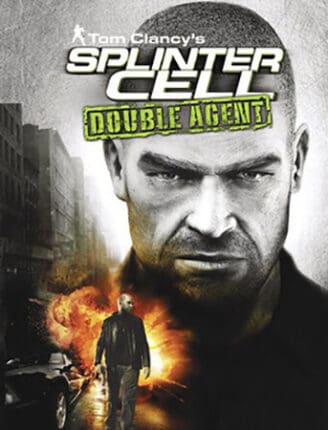
Tom Clancy’s Splinter Cell: Double Agent
Release Date: October 17, 2006
Platforms: Xbox 360, PS2, Xbox, GameCube, Windows, Mobile, Wii, PS3
Standing apart from other entries in the series, Splinter Cell: Double Agent was released as two separate versions that differ in a few notable ways.
The PC, PS3, and Xbox 360 version features a different plotline, progression system, and level designs than the PS2 and Xbox version.
However, the overarching story is similar in that Fisher takes on an undercover assignment requiring him to pose as a criminal to infiltrate a terrorist group.
Depending on the version of the game, Double Agent received mixed to positive reviews, with critics favoring the PS2 and Xbox version over the PC and “next-gen” console version.
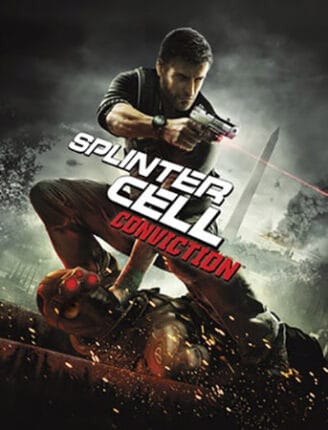
Tom Clancy’s Splinter Cell: Conviction
Release Date: April 13, 2010
Platforms: Xbox 360, Windows, iOS, Android, Mac
Set further in the future, Splinter Cell: Conviction sees Fisher leaving the Third Echelon in order to investigate a rumor claiming that his daughter’s death wasn’t an accident.
The game makes some drastic changes regarding Sam’s combat prowess, depicting him as not only quicker but also stronger and much more brutal in his quest for answers.
To this point, several new gameplay elements were introduced such as “Mark and Execute,” a new mechanic that lets the player target multiple enemies and kill them in one fell swoop.
Following its release, Conviction was warmly received by critics praising its gameplay, art direction, and engaging narrative while criticizing its short length and lack of stealth.
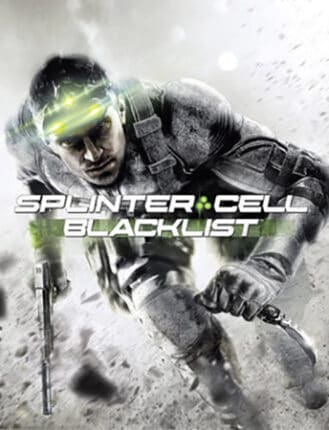
Tom Clancy’s Splinter Cell: Blacklist
Release Date: August 20, 2013
Platforms: Windows, PS3, Xbox 360, Wii U
Serving as the sequel to Conviction and overall sixth installment in the series, Splinter Cell: Blacklist takes place two years after Conviction where Third Echelon has been discharged by President Caldwell.
However, following a terrorist attack labeled Blacklist Zero, President Caldwell decides to form Fourth Echelon to prevent future attacks and appoints Sam Fisher as the group’s leader.
Building upon Conviction’s gameplay changes, Blacklist places an even bigger focus on action with room for three distinct playstyles: Assault, Ghost, and Panther.
Despite the new direction, Splinter Cell: Blacklist was well-received, with many critics praising its gameplay variety throughout the campaign and multiplayer modes.
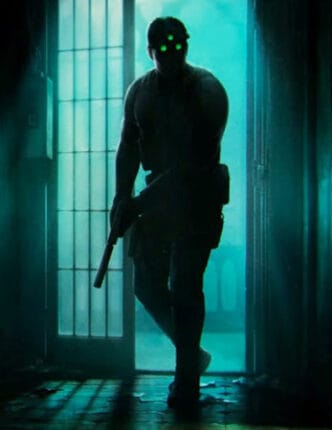
Tom Clancy’s Splinter Cell
Release Date: TBA
Platforms: TBA
Currently in the early stages of production at Ubisoft Toronto, a remake of the original Splinter Cell is expected to release sometime in the future.
Leveraging “new-generation visuals and gameplay, and the dynamic lighting and shadows the series is known for,” the remake will follow the same story as the original with a few new elements.
Gameplay will reportedly follow suit while “redefining what stealth action is going to feel like for a modern audience,” with respect to Fisher’s gadgets, tactics, and weapons.
We encourage you to check back as we continue to update this list following any new announcements regarding the upcoming remake as well as the future of the series overall.
